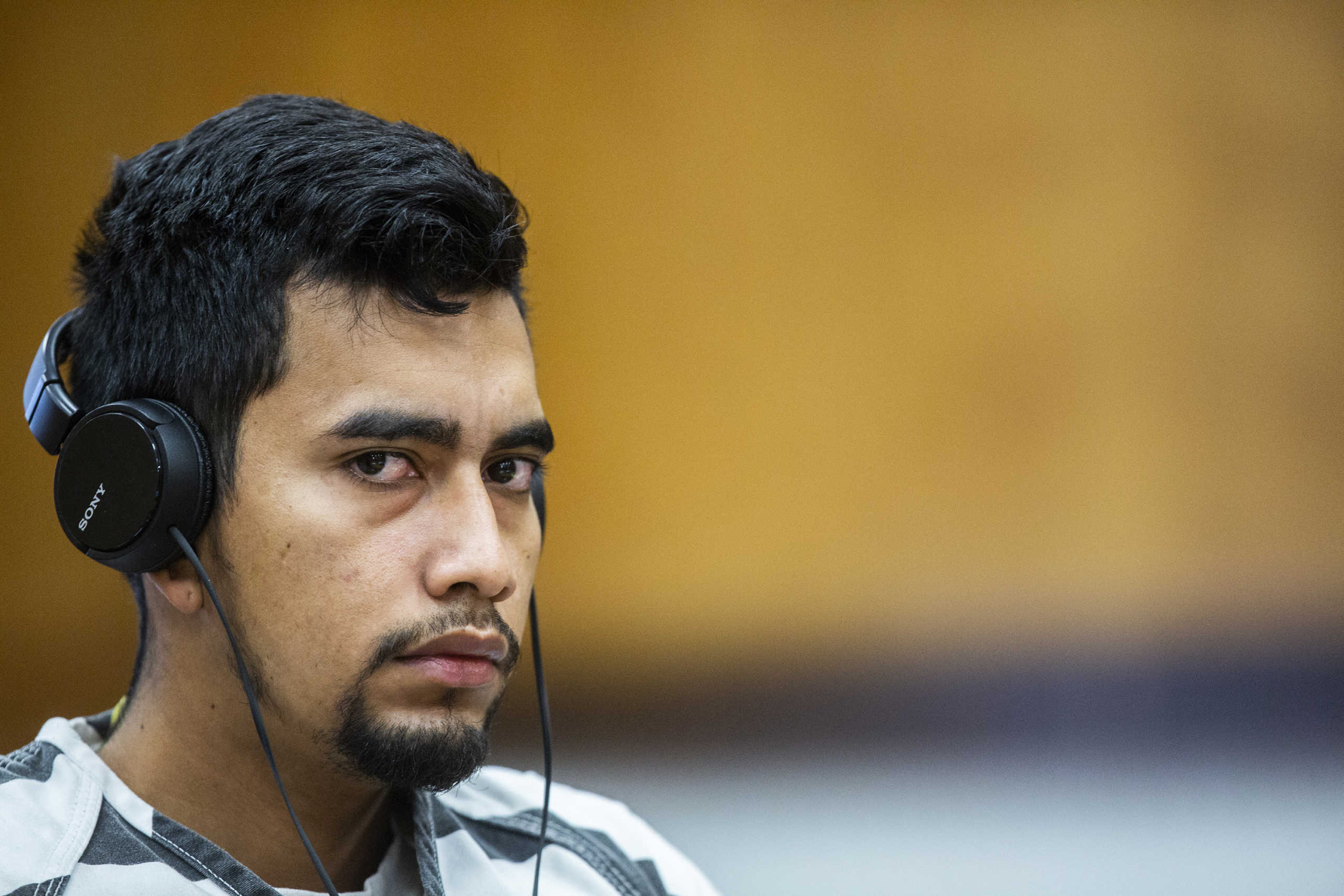By: Angela F. Arnold, M.D. and John Arnold, Jr.
Jury selection is tantamount to protecting our civil liberties provided for us by the American legal institution. Working to select a fair and impartial jury is even more important in criminal cases, not only as a way to serve justice on behalf of the victim but also to protect the civil liberties of the defendant on trial.
Juries are selected from members of the community; specifically, the community in which the presiding court is located. In certain cases, there are higher, district courts that preside over the cases, both criminal and civil, which have occurred over a specified region of jurisdiction.
There are 94 district courts in the United States, and at least one district court in every state, as well as the District of Columbia. When a jurisdiction has been decided, both the defendant’s attorney(s) and the prosecution have the right to vet and approve of the state-selected pool of jurors for a jury trial.
In order to be eligible to serve as a juror, an individual must be 18 years or older; a United States citizen; “able to understand the English language in a written, spoken, or manually signed mode,” and “able to receive and evaluate information such that the individual is capable of rendering satisfactory juror service.”
The purpose of the jury is to evaluate and determine the facts of a case presented before them. Therefore, they are not necessarily required to have a legal background, nor have a strong understanding of the legality of the process, or the laws in question.
The jury is meant to give an unbiased, “fair,” decision based on the facts presented, and very rarely do judges feel the need to overrule a jury’s verdict.
So how does this process of jurisprudence apply to a criminal case in which a foreign national is set to be tried for the murder of an American citizen?

In the murder trial of Cristhian Bahena Rivera, Bahena Rivera is charged with the murder of Mollie Tibbetts back in 2018. This case reached the national public as a national search was conducted in an effort to locate the then-missing young woman.
When her body was discovered in a cornfield, an outcry resounded, which reached its peak when President Donald Trump brought national attention to the tragedy of the poor girl.
In the American court system, criminal defendants are guaranteed the right to trial by a “jury of their peers,” so the question of nationality is not the primary question at hand.
Rather, does a foreign national like Bahena Rivera have a peer among American citizens? Such a defendant, who speaks English as a second language, who would not qualify to sit as a juror in his own trial, seemingly has an unfair bias directed against him.
The national attention, the brutality of the crime, and Rivera’s questionable background status as an immigrant seemingly preclude his trial from a standard of unbiased fairness the American legal system is designed to protect.
While jurors will be able to hear Bahena Rivera’s testimony through the aid of a translator, that doesn’t resolve the issue of the potential bias held against the defendant. When choosing the jury, it should not be a question of vindication, but rather critical evaluation and the upholding of justice.
The best way to keep the upcoming trial ‘”fair” is to ensure that the jury understands its role as interpreting fact while distancing itself from the influence of public opinion.
CLICK HERE for additional Mollie Tibbetts coverage.
For the latest true crime and justice news, subscribe to the ‘Crime Stories with Nancy Grace’ podcast.
[Feature Photo: Mollie Tibbetts via AP]

